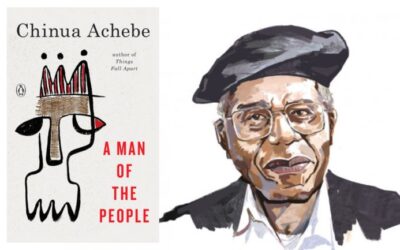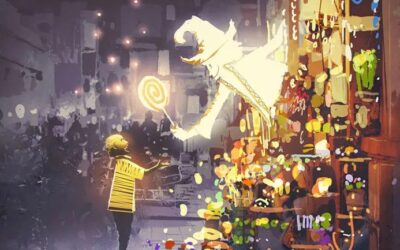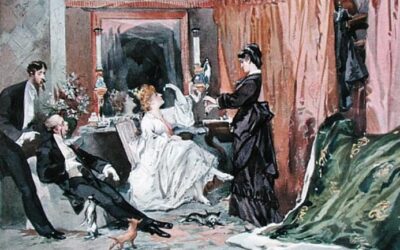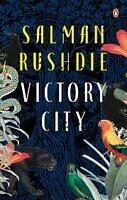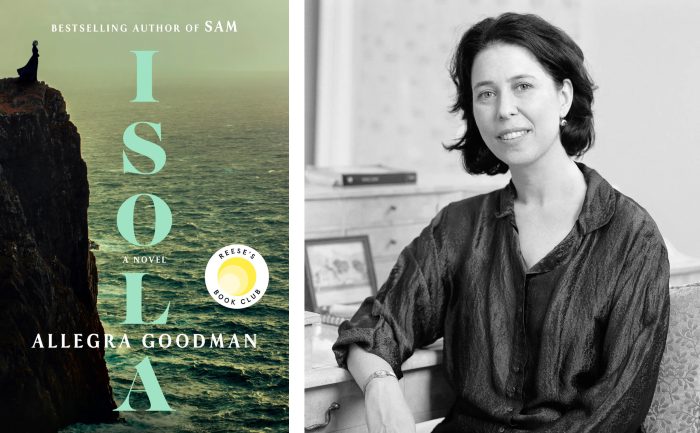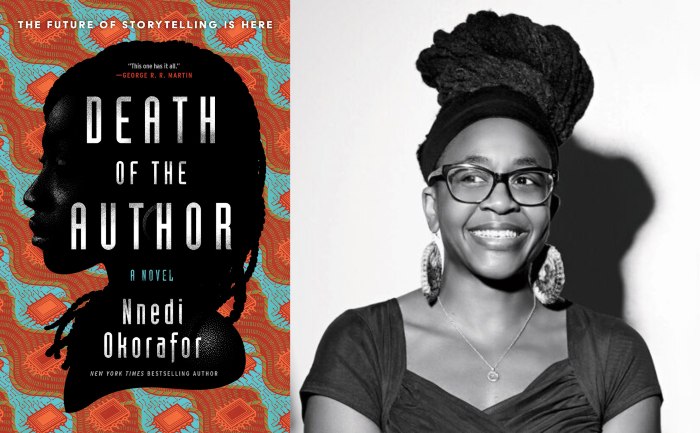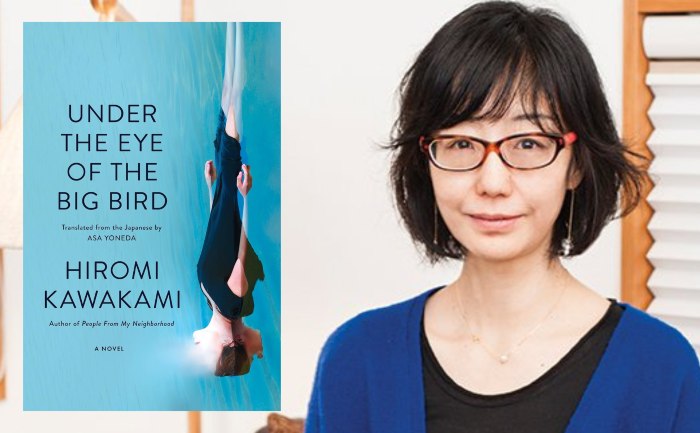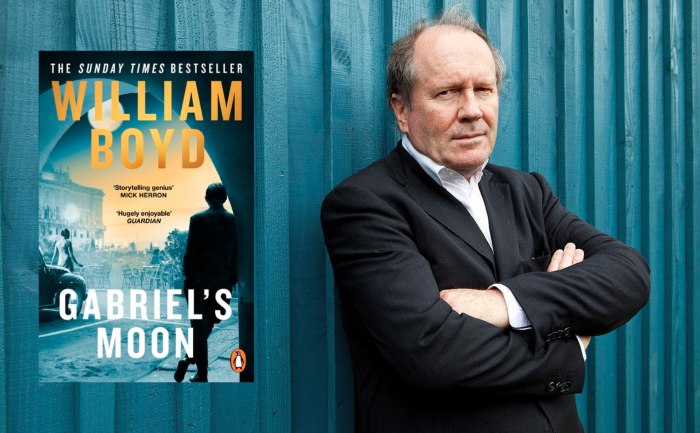Book of the Month August 2023
 Untitled design (1)
Untitled design (1)
British author Salman Rushdie has just published his new novel Victory City, an “epic tale” of a 14th-century woman who defies a patriarchal world to rule a city.
Written before the US knife attack that nearly took the Indian-born author’s life, the novel purports to be a translation of a historical epic originally written in Sanskrit. It’s a really entertaining read and Quizlit’s Book of the Month August 2023
Victory City by Salman Rushdie
In the wake of an unimportant battle between two long-forgotten kingdoms in fourteenth-century southern India, a nine-year-old girl has a divine encounter that will change the course of history. After witnessing the death of her mother, the grief-stricken Pampa Kampana becomes a vessel for a goddess, who begins to speak out of the girl’s mouth. Granting her powers beyond Pampa Kampana’s comprehension, the goddess tells her that she will be instrumental in the rise of a great city called Bisnaga, Victory City, the wonder of the world.
Over the next 250 years, Pampa Kampana’s life becomes deeply interwoven with Bisnaga’s, from growing the city from a bag of magic seeds to the tragic downfall of the empire. Whispering Bisnaga and its citizens into existence, Pampa Kampana attempts to make good on the task that the goddess set for her: to give women equal agency in a patriarchal world. But all stories have a way of getting away from their creator, and Bisnaga is no exception. As years pass, rulers come and go, battles are won and lost, and allegiances shift, the very fabric of Bisnaga becomes an ever more complex tapestry—with Pampa Kampana at its center.
Brilliantly styled as a translation of an ancient epic, Victory City is a saga of love, adventure, and myth that is in itself a testament to the power of storytelling.
About Salman Rushdie
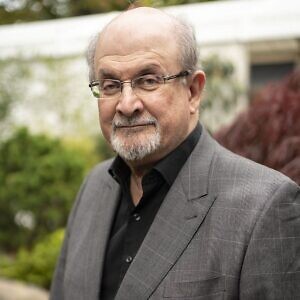
Sir Ahmed Salman Rushdie was born on June 19, 1947, in Mumbai India. The only son of a wealthy Indian businessman and a school teacher, Rushdie was educated at a private school before attending a boarding school in Warwickshire, England. He went on to attend King’s College at the University of Cambridge, where he studied history.
After earning his degree from Cambridge, Rushdie briefly lived with his family in Pakistan, where his parents had moved in 1964. There, he found work as a television writer but soon returned to England, where for much of the 1970s he worked as a copywriter for an advertising agency.
While Rushdie would later become a target of Muslim extremists, the religion was very much a part of his upbringing. His grandfather, a kind man and family doctor, was a devout Muslim.
But his grandfather’s embrace of the religion was not shrouded in intolerance, something that greatly shaped the young Rushdie.
In 1975, Rushdie published his first book, Grimus, a fantasy and science fiction novel that received tepid reviews. Undeterred by the response, Rushdie kept writing and his second work, Midnight’s Children, proved life altering.
Published in 1981, the book, which tells the story of India’s complicated history through a pickle-factory worker named Saleem Sinai, was a critical and commercial success. The honors included the Booker Prize and the James Tait Black Memorial Prize (for fiction). In 1993 and 2008 it was awarded the “Best of the Bookers,” a distinction that made it the best novel to have won a Booker Prize for Fiction in the award’s 25 and later 40-year history.
Rushdie’s follow-up, 1983’s Shame was also a success and was shortlisted for the Booker Prize, further cementing Rushdie’s place among literature’s upper echelon.
In 1988 Rushdie published The Satanic Verses, a novel drenched in magical realism and whose main story was inspired in part by the life of Muhammad. Critics adored it. The book won the Whitbread Award for novel of the year and was a finalist for the Booker Prize.
But it also drew immediate condemnation from the Islamic world for what was perceived to be its irreverent account of Muhammad. In many countries with large Muslim populations, the novel was banned and on February 14, 1989, Ayatollah Khomeini, the spiritual leader of Iran, issued a fatwa requiring the author’s execution. A bounty was offered for Rushdie’s death and for a number of years the writer was forced to live under police protection.
To try and dial back the outrage, Rushdie issued a public apology and voiced his support for Islam. The heat around The Satanic Verses eventually cooled and in 1998, Iran declared it would not support the fatwa.
In 2012 Rushdie published Joseph Anton: A Memoir, an autobiographical account of what life was like for him during the decade-long fatwa.
Even at the height of the controversy surrounding his famous novel, Rushdie continued to write. In all, he’s written 13 novels, as well as a pair of children’s books and published several collections of essays and works of non-fiction. Overall, his books have been translated into more than 40 languages.
Best Salman Rushdie Books
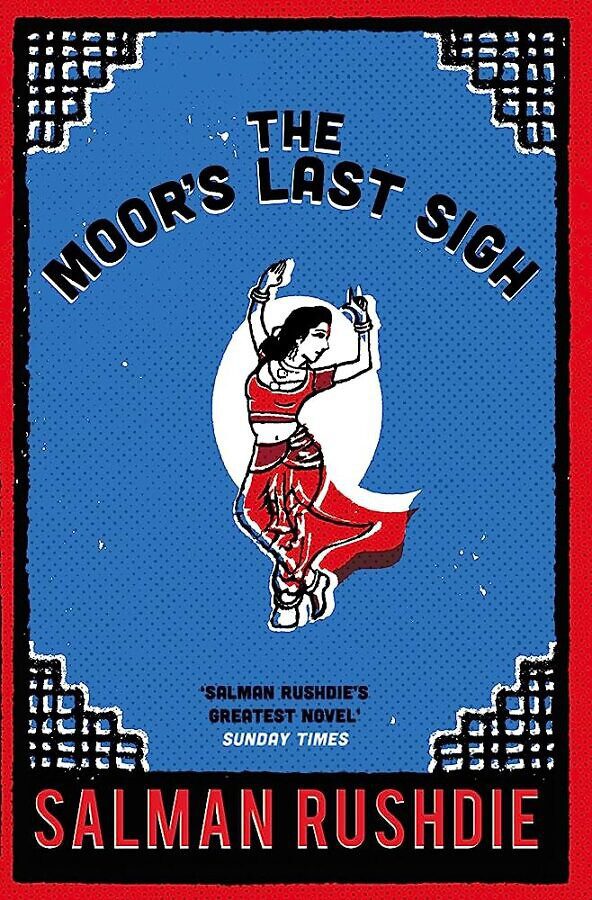
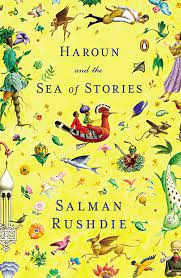
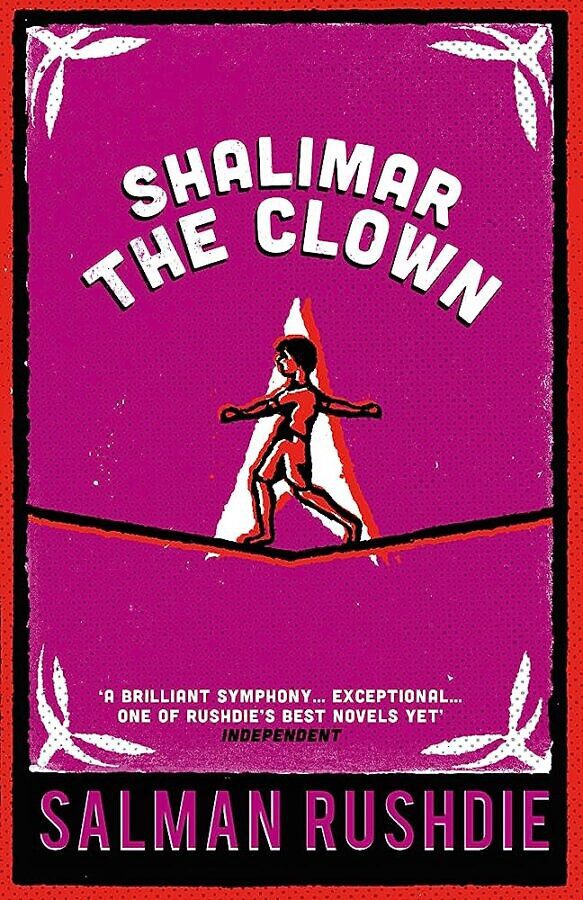
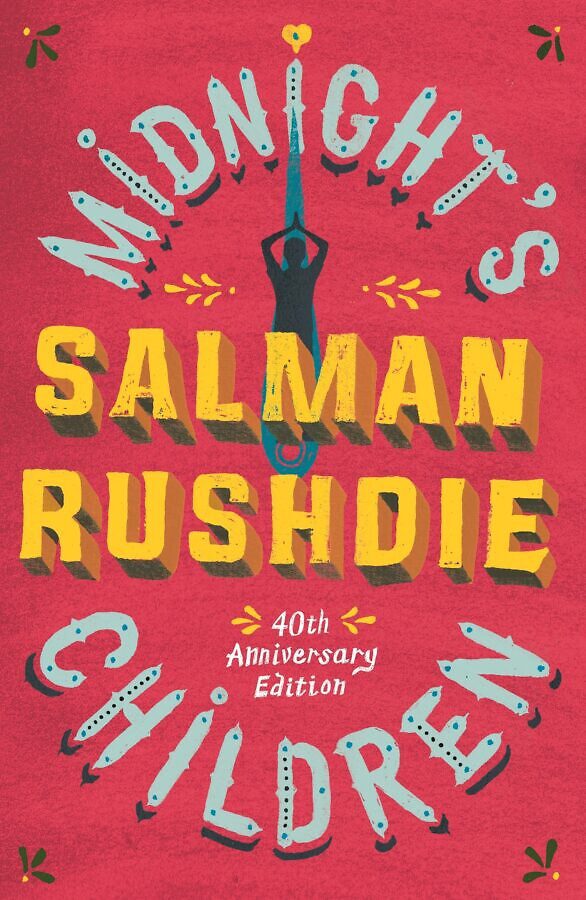
Check out our reading list for the Best New Books of 2023

